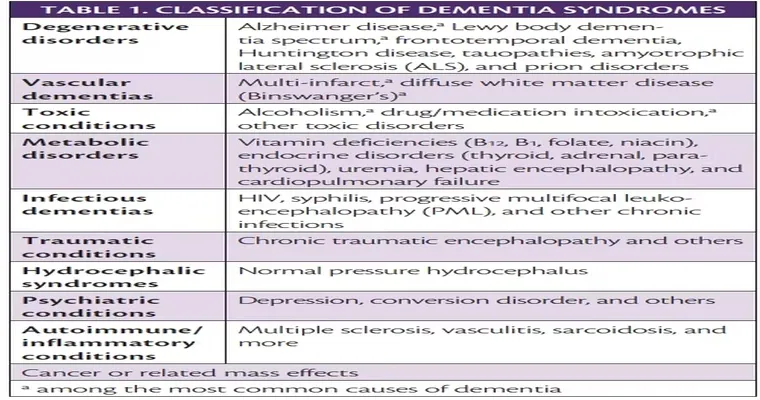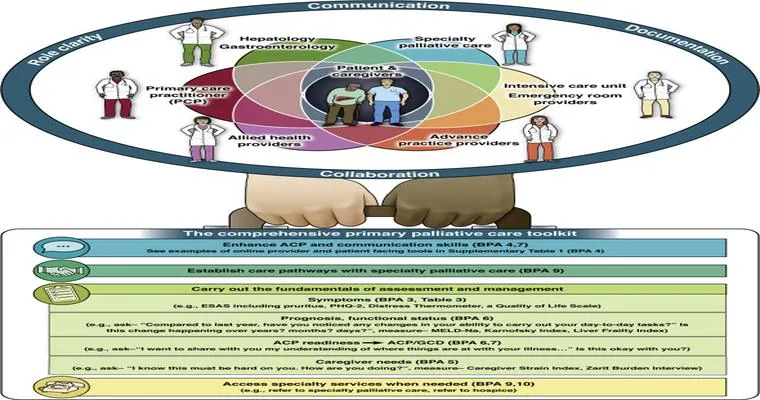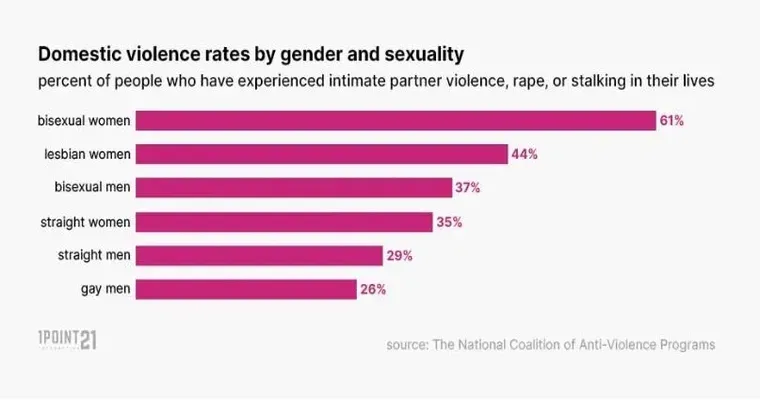Navigating the complexities of caring for an "alcoholic parent" who may have "Mild Cognitive Impairment (MCI)" or "early Alzheimer’s" can be incredibly challenging. As a caregiver, you may find yourself at a crossroads, deciding whether your parent requires "memory care" or an "assisted living" facility (AL). Understanding the nuances of these conditions and the available care options is crucial for making informed decisions that prioritize your parent’s health and well-being.
Understanding MCI and Early Alzheimer’s
"Mild Cognitive Impairment" (MCI) is a condition characterized by noticeable memory problems that are greater than expected for a person's age but do not significantly interfere with daily life. Individuals with MCI are at an increased risk of developing "Alzheimer’s disease", a progressive neurological disorder that affects memory, thinking, and behavior. Early Alzheimer’s can present as forgetfulness, confusion, and difficulty completing familiar tasks, making it essential to recognize these symptoms and seek appropriate care.
The Impact of Alcoholism on Cognitive Health
Having an "alcoholic parent" complicates the situation further. Alcoholism can exacerbate cognitive decline, leading to more pronounced symptoms of MCI or early Alzheimer’s. Chronic alcohol use can damage brain cells, affecting memory and cognitive function. This makes it vital for caregivers to assess their parent's alcohol consumption and its impact on their cognitive health.
Exploring Care Options: Memory Care vs. Assisted Living
When considering the best care option for an alcoholic parent with MCI or early Alzheimer’s, you may encounter two primary choices: "memory care" and "assisted living".
"Memory care" is a specialized form of long-term care designed specifically for individuals with memory-related conditions. Facilities offering memory care are staffed with professionals trained in managing the unique challenges associated with Alzheimer’s and other forms of dementia. They provide a secure environment with structured activities that promote cognitive function and enhance quality of life.
On the other hand, "assisted living" facilities offer a broader range of support services for seniors who may need help with daily activities but do not require the intensive care associated with memory care. While assisted living can be suitable for some individuals, those with significant cognitive impairment may benefit more from the specialized support offered in memory care.
Making the Right Choice
Choosing between memory care and assisted living depends on several factors, including the severity of your parent’s condition, their alcohol consumption behavior, and their overall health. It may be helpful to consult with healthcare professionals who can provide insights into your parent’s cognitive status and recommend appropriate care options.
Seeking Support for Caregivers
Caring for an alcoholic parent with MCI or early Alzheimer’s can be an emotionally and physically exhausting journey. It is important for caregivers to seek support, whether through support groups, counseling, or respite care services. Taking care of your own mental and emotional well-being is essential for providing effective care.
Conclusion
In conclusion, addressing the needs of an "alcoholic parent" with "MCI" or "early Alzheimer’s" requires careful consideration of the best care options available. Whether you choose "memory care" or "assisted living", understanding the implications of their condition and the impact of alcohol on cognitive health will guide you in making the most informed decision for your parent’s future. Remember, you are not alone in this journey, and seeking support can make a significant difference in navigating these challenging circumstances.





